Thursday, July 3, 2008
What is Lemierre's you ask ......
Lemierre's syndrome (or Lemierre's disease) is a disease usually caused by the bacterium Fusobacterium necrophorum, and occasionally by other members of the genus Fusobacterium (F. nucleatum, F. mortiferum and F. varium etc.) and usually affects young, healthy adults. Lemierre syndrome develops most often after a strep sore throat has created a peritonsillar abscess, a crater filled with pus and bacteria near the tonsils. Deep in the abscess, anaerobic bacteria (microbes that do not require oxygen) like Fusobacterium necrophorum can flourish. The bacteria penetrate from the abscess into the neighboring jugular vein in the neck and there they cause an infected clot (thrombosis) to form, from which bacteria are seeded throughout the body by the bloodstream (bacteremia). Pieces of the infected clot break off and travel to the lungs as emboli blocking branches of the pulmonary artery bringing the heart's blood to the lungs. This causes shortness of breath, chest pain and severe pneumonia. Fusobacteria are normal inhabitants of the oropharyngeal flora. This is a very rare disease with only approximately 160 cases in the last 100 years.SymptomsThe first symptoms are a sore throat, extreme lethargy, fever, and general body weakness, but after a week or two these symptoms are followed by a spiked fever, rigors, swollen cervical lymph nodes and septicemia (infection of the blood) which can cause complications in other parts of the body including abscesses of lung, brain, and other organs, kidney failure and also effects on liver and joints if untreated.TreatmentLemierre's syndrome is easily treated with antibiotics, but because sore throats are most commonly caused by viruses, for which antibiotic treatment is unnecessary, such treatment is not usual in the first phase of the disease. Lemierre's disease proves that, rarely, antibiotics are sometimes needed for 'sore throats'. If a persistent sore throat, with the symptoms are found, physicians are cautioned to screen for Lemierre's syndrome. Fusobacterium necrophorum is generally highly susceptible to Beta-lactam antibiotics, metronidazole, clindamycin and third generation cephalosporins while the other fusobacteria have varying degrees of resistance to beta-lactams and clindamycin. The disease can often be un-treatable, especially if other negative factors occur,i.e. various diseases occurring at the same time, such as; meningitis, pneumonia etc.IncidenceLemierre's syndrome is currently a very rare disease, but was quite common in the early 20th century before the discovery of penicillin. The reduced use of routine antibiotics for sore throats by doctors may have increased the risk of this disease, with 19 cases in 1997 and 34 cases in 1999 reported in the UK. The incidence rate is currently 0.8 cases per million in the general population, leading it to be termed the "forgotten disease". The mortality rate was 90% prior to antibiotic therapy, but is now generally quoted as 15% with proper medical treatment, although one series of cases reported mortality as low as 6.4%
Subscribe to:
Post Comments (Atom)
Music
Justin's news article in the West Magazine
This was taken from http://www.westnewsmagazine.com/news02.html
Rockwood student dies rapidly from little-known disease
By Diane Plattner
In April, Eureka High School student Justin Rodgers began to complain of a severe sore throat and was dead approximately one month later from an unfamiliar disease. Now, his mother hopes to spread awareness about the deadly disease.
Justin died in the early morning hours of May 12, the day after Mother’s Day, after losing a battle with Lemierre’s Syndrome, a serious bacteria that is not well-known and even doctors are prone to misdiagnose the disease. Unfortunately, Rodgers’ doctor was among that group after initially diagnosing him with strep throat on April 11, said Sheryl Rodgers, Justin’s mother.
“Justin had said, ‘Mom, this is the worst sore throat I’ve ever had in my life,’” Rodgers said.
She said that Justin’s doctor took no throat culture and gave her son medicine for strep throat. She said her son’s condition worsened over the next few days during which he had increased high fever, chest pain and a lump in his neck. On April 14, Rodgers took her son to St. Anthony’s Hospital, which transported him overnight to Cardinal Glennon Children’s Hospital where he underwent extensive testing, including X-rays and blood work, Rodgers said.
Rodgers said that hospital officials diagnosed him with Lemierre’s Syndrome, a bacteria that can surface after mouth trauma. Last July, Justin was in a car accident that resulted in mouth injuries that required him to get major dental work, including a recent new tooth. In addition, Justin had suffered a broken nose just before the onset of his sore throat, his mother said.
“I wonder if all this woke up the bacteria, which was already living in the body,” Rodgers said.
The last time Rodgers saw him fully awake was a few days later, when hospital officials decided to place her son on a respirator and sedate him with drugs.
“He was out of it but still with us then,” Rodgers said. “He would frown when the doctors worked on him. So he had some responses.”
However, Justin’s lungs kept collapsing, prompting hospital doctors by April 25 to place him on an ECMO machine to help rest his lungs and heart. Doctors at that point also put him into an induced coma, Rodgers said.
“At that point there was no response from Justin,” Rodgers said. “Still, I talked to him and rubbed his sore spots to let him know we were there.”
By Mother’s Day, Justin was leaking too much blood, prompting doctors to decide to remove him from the ECMO, a move they said was risky if his lungs were not healed enough.
“Once they took him off the ECMO, Justin’s face was getting gray,” Rodgers said. “He was holding his own for a few hours, but then he starting going downhill.”
Justin died early the next morning following Mother’s Day with his immediate family, including three older siblings, by his side, Rodgers said.
“He was our baby,” Rodgers said. “I think the hospital tried to keep him going so he did not die on Mother’s Day.”
The tragedy is not the first for the Rodgers family. They also lost a 4-year-old child in a horseback riding accident and had a stillborn child many years ago, Rodgers said.
“I thought God could not possibly do this to us again,” Rodgers said. “I asked why again, why us. But there is no answer. Here we are walking on egg shells again.”
Rodgers said she was at least thankful that Justin’s funeral was so big that people were standing outside, a huge tribute to his life. She also hopes to honor his life with a campaign to help spread awareness about Lemierre’s Syndrome, which she said often hits people between the ages of 14 and 25. It is not spread by kissing but instead lives in the body, she said. Her goal is to make people, including doctors, more aware of its symptoms so they are not mistaken for strep throat.
“I do not want Justin to have died in vain,” Rodgers said. “This is one bad bacteria. It is very serious. People should not treat it lightly.”
To learn more about Lemierre’s Syndrome, visit the Rodgers’ family Web site at lemierresyndromejrodgers.blogspot.com.
Rockwood student dies rapidly from little-known disease
By Diane Plattner
In April, Eureka High School student Justin Rodgers began to complain of a severe sore throat and was dead approximately one month later from an unfamiliar disease. Now, his mother hopes to spread awareness about the deadly disease.
Justin died in the early morning hours of May 12, the day after Mother’s Day, after losing a battle with Lemierre’s Syndrome, a serious bacteria that is not well-known and even doctors are prone to misdiagnose the disease. Unfortunately, Rodgers’ doctor was among that group after initially diagnosing him with strep throat on April 11, said Sheryl Rodgers, Justin’s mother.
“Justin had said, ‘Mom, this is the worst sore throat I’ve ever had in my life,’” Rodgers said.
She said that Justin’s doctor took no throat culture and gave her son medicine for strep throat. She said her son’s condition worsened over the next few days during which he had increased high fever, chest pain and a lump in his neck. On April 14, Rodgers took her son to St. Anthony’s Hospital, which transported him overnight to Cardinal Glennon Children’s Hospital where he underwent extensive testing, including X-rays and blood work, Rodgers said.
Rodgers said that hospital officials diagnosed him with Lemierre’s Syndrome, a bacteria that can surface after mouth trauma. Last July, Justin was in a car accident that resulted in mouth injuries that required him to get major dental work, including a recent new tooth. In addition, Justin had suffered a broken nose just before the onset of his sore throat, his mother said.
“I wonder if all this woke up the bacteria, which was already living in the body,” Rodgers said.
The last time Rodgers saw him fully awake was a few days later, when hospital officials decided to place her son on a respirator and sedate him with drugs.
“He was out of it but still with us then,” Rodgers said. “He would frown when the doctors worked on him. So he had some responses.”
However, Justin’s lungs kept collapsing, prompting hospital doctors by April 25 to place him on an ECMO machine to help rest his lungs and heart. Doctors at that point also put him into an induced coma, Rodgers said.
“At that point there was no response from Justin,” Rodgers said. “Still, I talked to him and rubbed his sore spots to let him know we were there.”
By Mother’s Day, Justin was leaking too much blood, prompting doctors to decide to remove him from the ECMO, a move they said was risky if his lungs were not healed enough.
“Once they took him off the ECMO, Justin’s face was getting gray,” Rodgers said. “He was holding his own for a few hours, but then he starting going downhill.”
Justin died early the next morning following Mother’s Day with his immediate family, including three older siblings, by his side, Rodgers said.
“He was our baby,” Rodgers said. “I think the hospital tried to keep him going so he did not die on Mother’s Day.”
The tragedy is not the first for the Rodgers family. They also lost a 4-year-old child in a horseback riding accident and had a stillborn child many years ago, Rodgers said.
“I thought God could not possibly do this to us again,” Rodgers said. “I asked why again, why us. But there is no answer. Here we are walking on egg shells again.”
Rodgers said she was at least thankful that Justin’s funeral was so big that people were standing outside, a huge tribute to his life. She also hopes to honor his life with a campaign to help spread awareness about Lemierre’s Syndrome, which she said often hits people between the ages of 14 and 25. It is not spread by kissing but instead lives in the body, she said. Her goal is to make people, including doctors, more aware of its symptoms so they are not mistaken for strep throat.
“I do not want Justin to have died in vain,” Rodgers said. “This is one bad bacteria. It is very serious. People should not treat it lightly.”
To learn more about Lemierre’s Syndrome, visit the Rodgers’ family Web site at lemierresyndromejrodgers.blogspot.com.

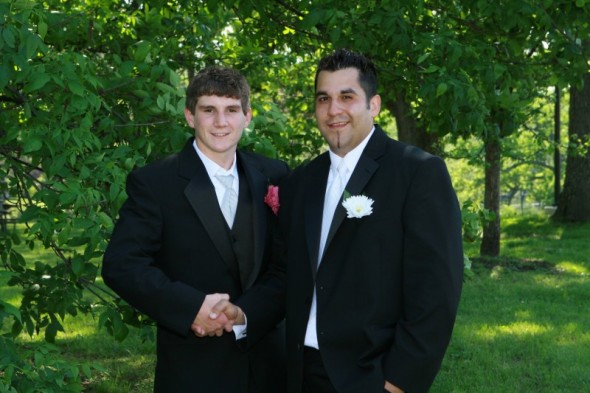

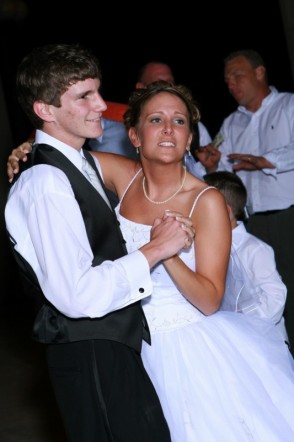




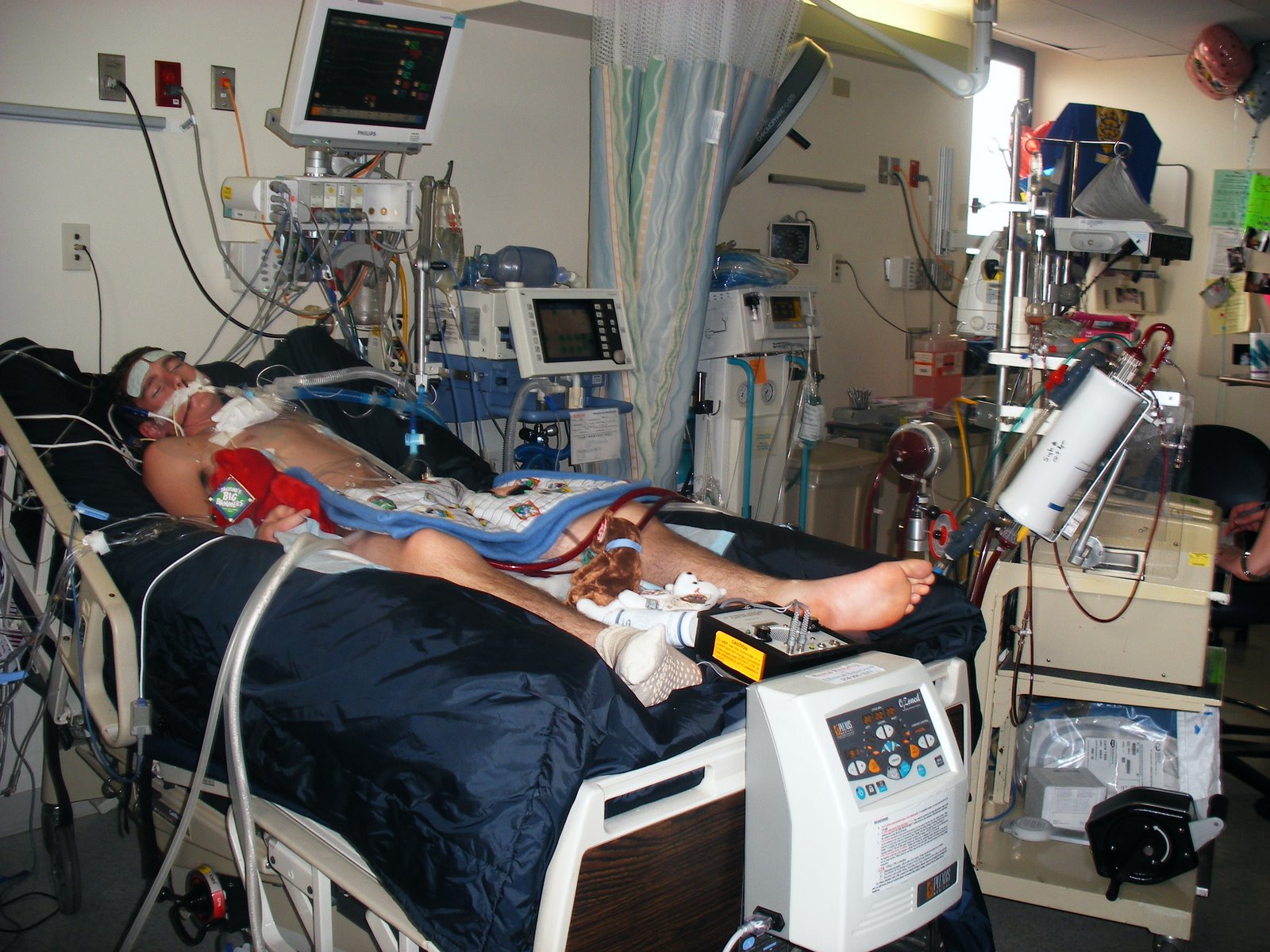
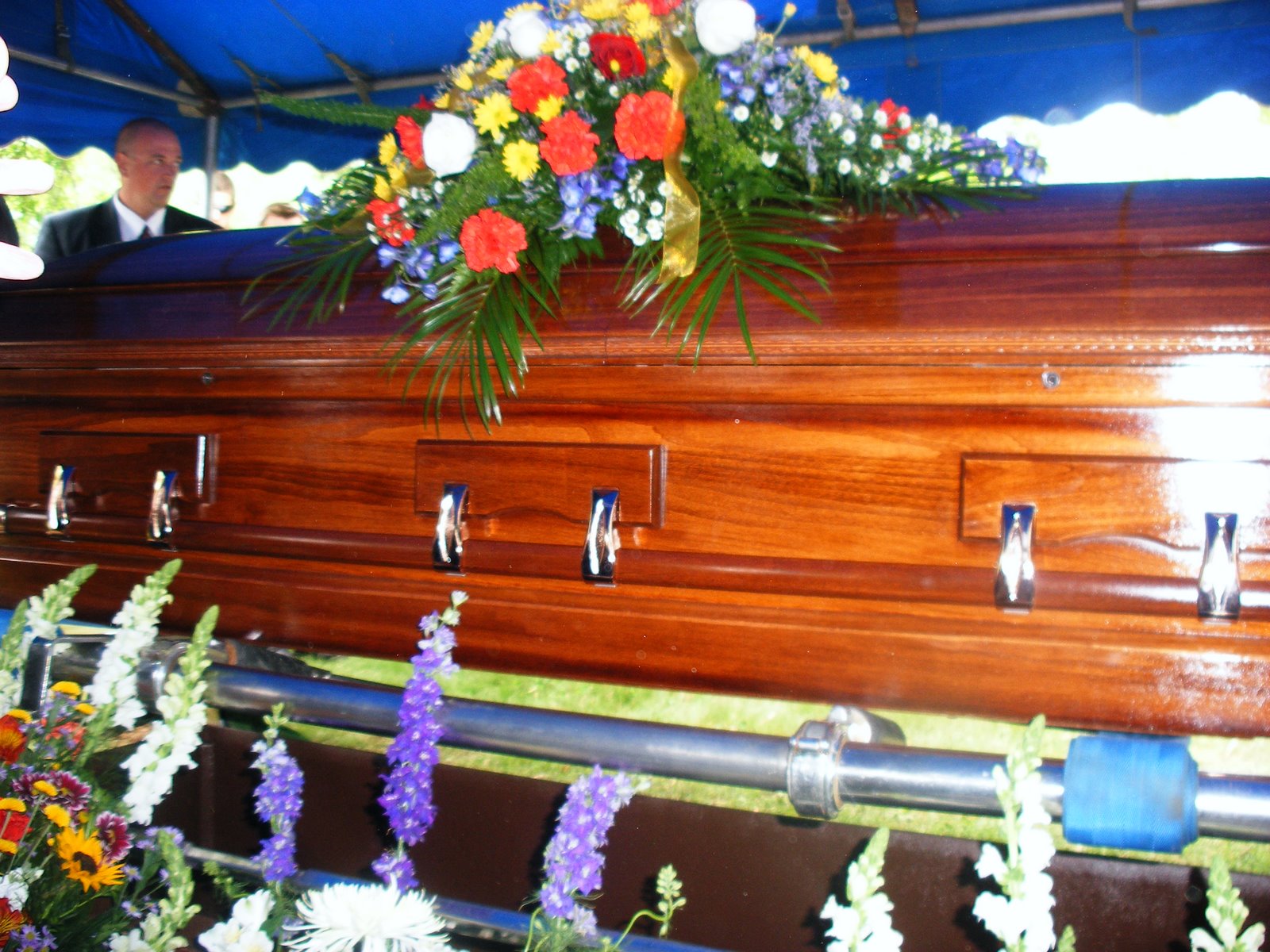











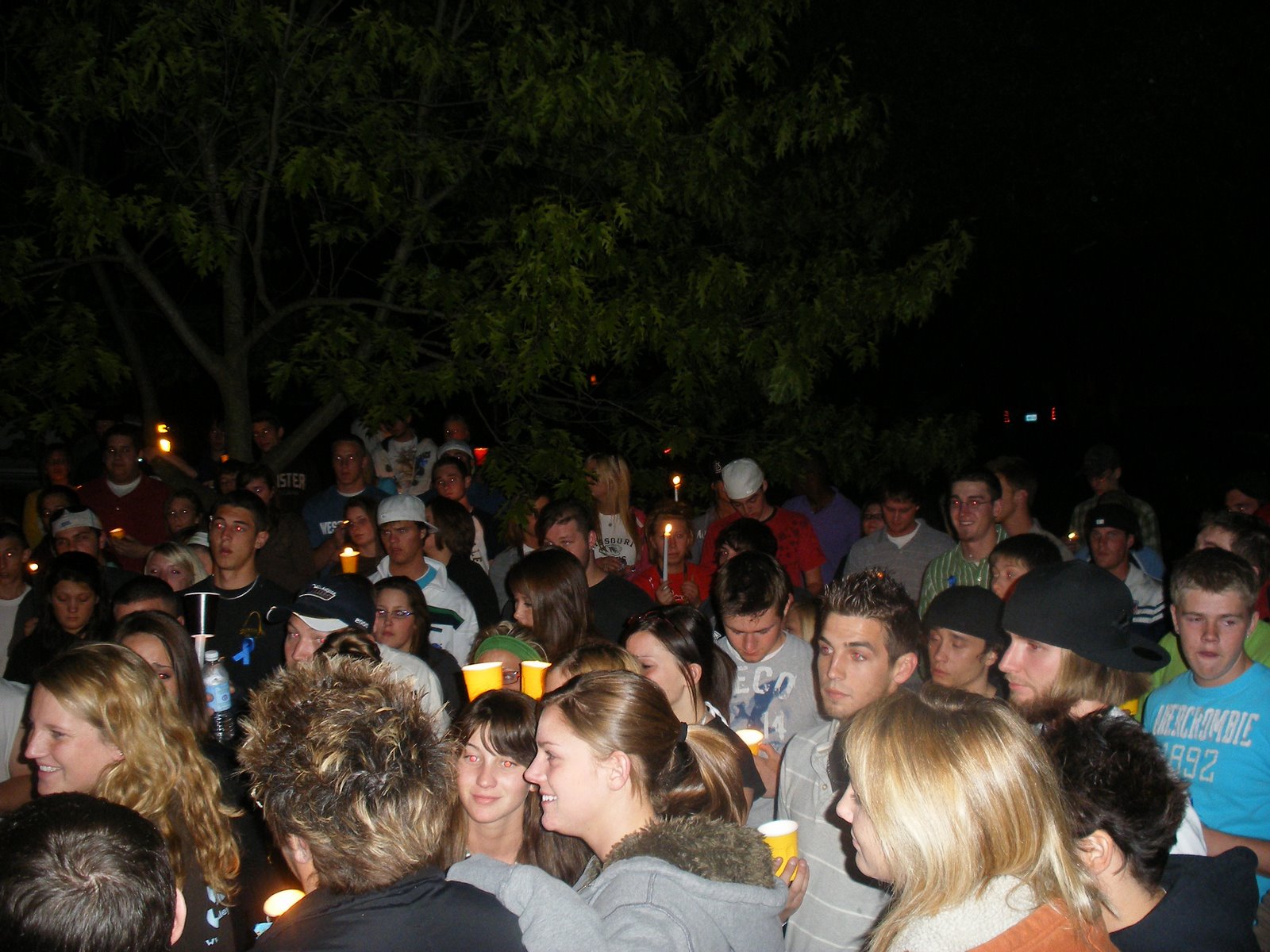
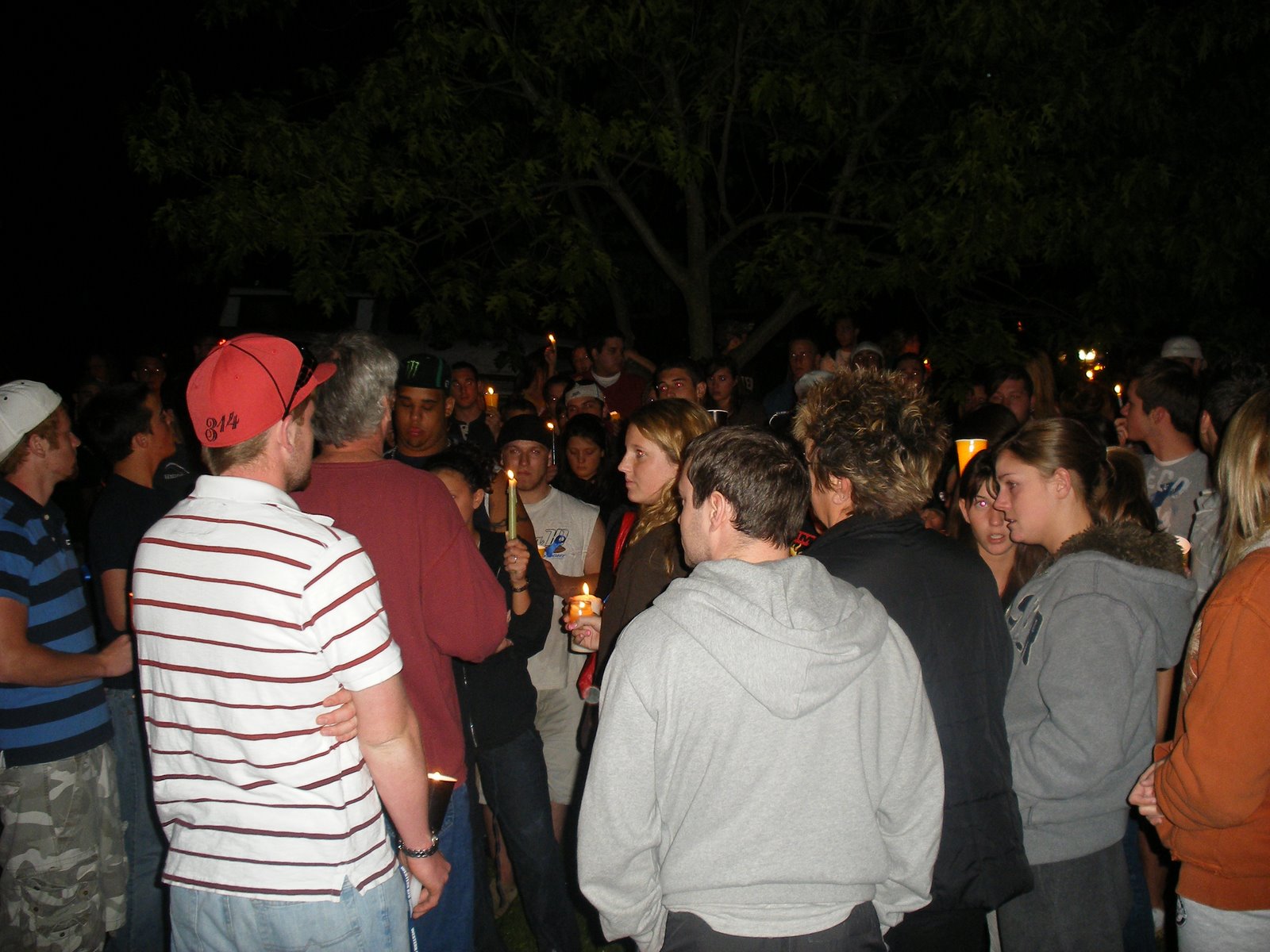
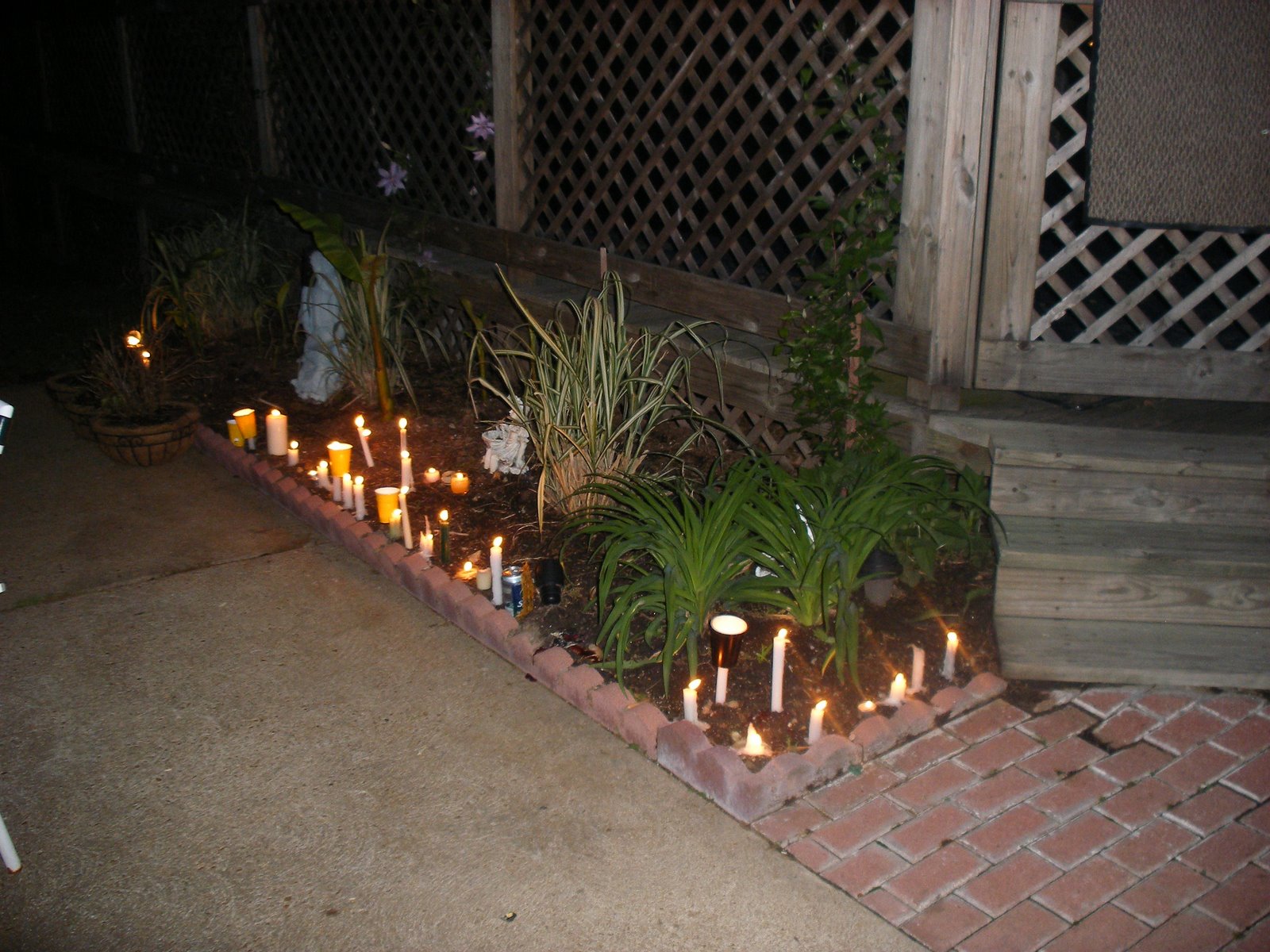
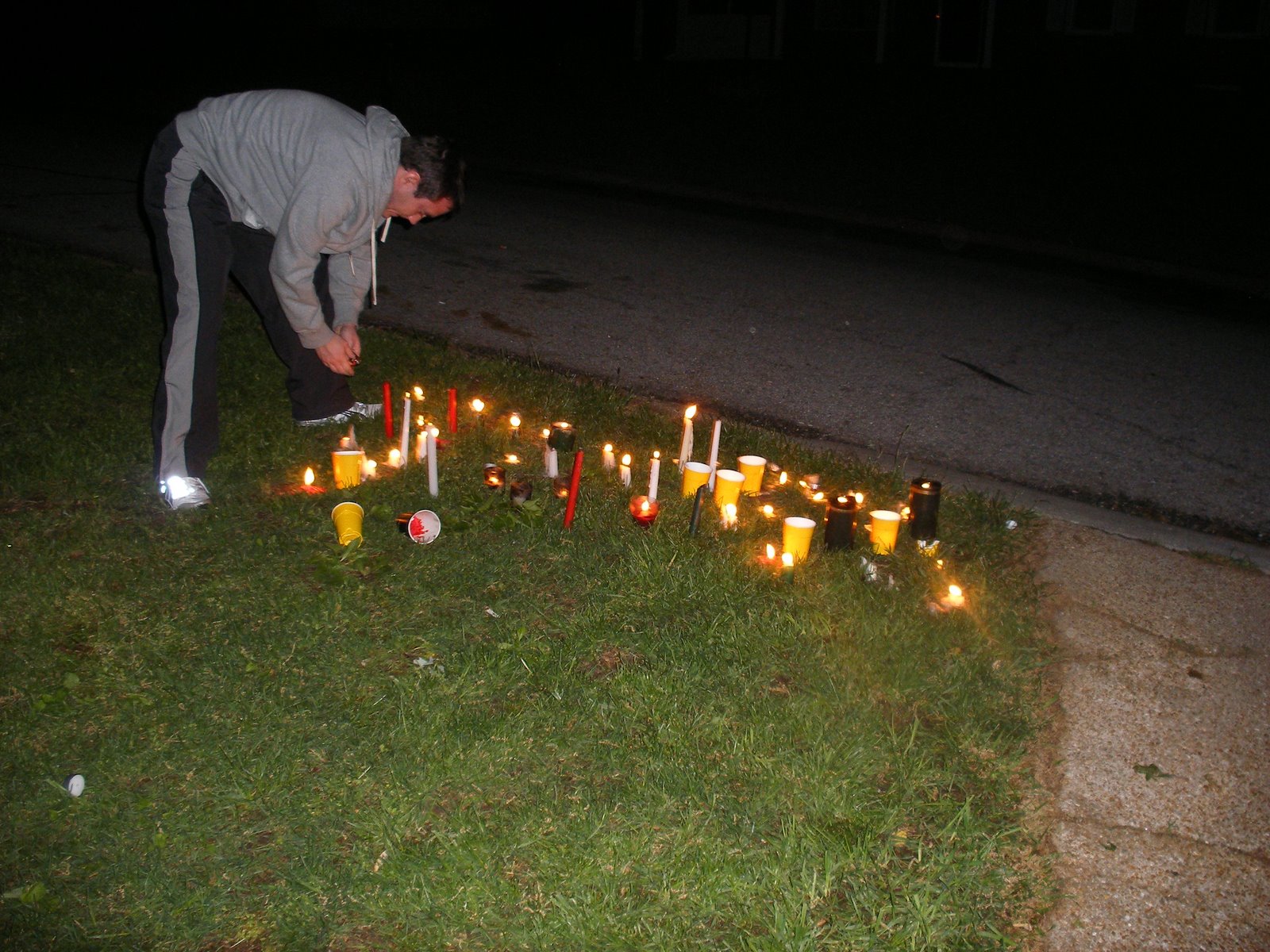




















1 comment:
i was so moved by Justin's story,and my heart and prayers are with you all.
i had Lemierre's syndrome myself 2yrs ago and it almost killed me. it was only down to the fast thinking of my GP that saved my life.
i was a very fit and healthy 37yr
old man and within 2days was in a induced coma on ICU for 3wks and was in hospital a total of 8wks.
now I'm still finding the effects of Lemierre's in shortness of breath, very heavy sweating and absolutely no energy at all.
i was wondering if through Justin's web page that if you have had contact with any other people that have had Lemierre's and if what is happening is normal? as its so rare i have not contacted any other people that have even heard of it let alone had it.
i would really appreciate you letting me know
thank you
Reuben Addis
wave-rider@live.co.uk
+4407785543392
Post a Comment